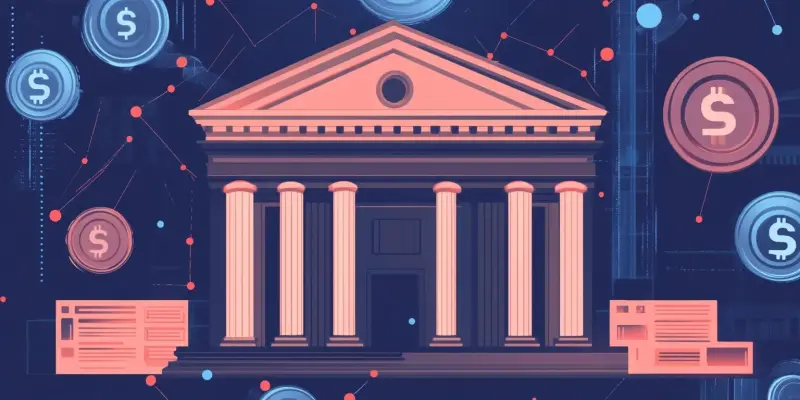In a significant development within the financial technology sector, Central 1 Credit Union and Intellect Design Arena have come to an agreement whereby Intellect will acquire Central 1’s digital banking operations. This decision follows Central 1’s previous announcement to phase out its digital banking services by October 2024. Under this new agreement, Intellect will take over all of Central 1’s digital banking offerings, which include Forge, MemberDirect, public websites, and mobile apps. To ensure a seamless transition for customers to the new platforms, Central 1 employees involved in digital banking will join Intellect.
The collaboration has been emphasized by both parties as a strategic move to maintain stability and continuous support for clients. Intellect has highlighted its extensive partnership with global financial institutions and pledged its commitment to Canadian credit unions and banks. The company believes that its eMACH.ai Digital Engagement platform will provide new opportunities to enhance digital banking experiences, making the shift beneficial for all involved.
Intellect Design is renowned for being a global fintech firm that offers comprehensive financial technology solutions tailored for retail, SME, and commercial clients. Its industry-specific software is also customized for Canadian institutions, ensuring their specific needs are met. Central 1, with reported assets of EUR 11.6 billion as of September 30, 2024, supports over five million customers across Canada through its critical financial services.
In summary, the agreement between Central 1 and Intellect marks a strategic transition in digital banking operations, focusing on continuity, client support, and unlocking future opportunities in digital banking innovation. This alliance aims to leverage Intellect’s expertise to deliver smooth transitions for clients and enhance banking experiences through its advanced platform.

